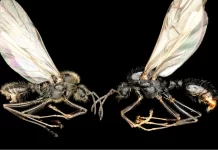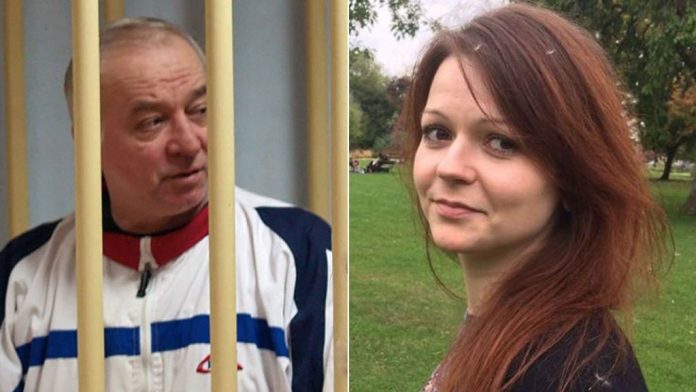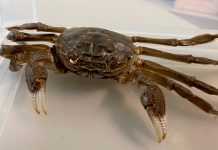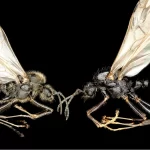Russian spy Sergei Skripal ‘poisoned with nerve agent’.
A police officer is seriously ill in hospital after being exposed to the same nerve agent used to target a former Russian spy and his daughter, investigators have said.
Metropolitan Police Assistant Commissioner Mark Rowley, the outgoing head of national counter-terror policing, said: “This is being treated as a major incident involving attempted murder by administration of a nerve agent.
“These two people remain critically ill in hospital. Sadly, in addition a police officer who was one of the first to attend the scene in response to the incident is now also in a serious condition in hospital.
“Wiltshire Police are providing every support to his family.”
Mr Rowley said the symptoms shared by Sergei Skripal, his daughter Yulia, and the police officer – who all remain in intensive care – were a response to a nerve agent, but could not give the name of the exact substance identified.
Police are working with specialists and scientists, including Public Health England, which said there was no risk to the wider public.
“This is clearly an awful incident and I know that local people will be concerned but at the moment we are not seeing any evidence of a widespread health risk,” Mr Rowley said.
“We believe the two people who originally became unwell were targeted specifically.
“Our role now is to establish who is behind this and why they carried out the attack – to that end we have hundreds of detectives, forensic specialists, analysts and intelligence officers working around the clock on the case.”
They are examining CCTV and building a detailed timeline of events, while specialist officers in protective clothing continue investigations at cordoned off areas in Salisbury.
The work is expected to take several days, while police continue to appeal for witnesses who were in and around Salisbury town centre on Sunday afternoon to come forward.
Mr Skripal, 66, and his 33-year-old daughter Yulia, were found unconscious on a bench in The Maltings shopping centre at around 4.15pm.
They had eaten at a nearby Zizzi restaurant and gone for a drink at The Mill pub, with both establishments still cordoned off.
Dame Sally Davies, the Chief Medical Officer for England, said the incident poses a “low risk” for the wider public.
Suspicion has turned to the Russian government, which jailed Mr Skripal for “treason” in 2006, or former spies he betrayed while working for MI6 during his time a colonel in the GRU military intelligence service.
He was given refuge in Britain after being exchanged in 2010 for Russian agents caught in the West as part of a Cold War-style swap in Vienna.
Boris Johnson, the Foreign Secretary, told MPs that although no culprit has yet been found, if suspicions of Russian state involvement are proven, “this Government will take whatever measures we deem necessary to protect the lives of people in this country, our values and our freedoms”.
Branding Vladimir Putin’s government a “malign and disruptive force”, Mr Johnson said harsher international sanctions could be imposed if it is found to have had a hand in the attack on Mr Skripal.
The Russian foreign ministry said allegations were being used to “whip up an anti-Russian campaign” in Britain and denied involvement by the country’s security services, amid comparisons to the assassination of former Russian spy Alexander Litvinenko.
He was poisoned using radioactive polonium put in a cup of tea in 2006 and accused Vladimir Putin of ordering the hit from his deathbed.
Mr Skripal appears to have lived a quiet life in a semi-detached home in Salisbury, where he lived with his wife before she died aged 59 in 2012.
His brother died in recent years and Mr Skripal’s son, Alexander, then passed away suddenly aged 44 while in St Petersburg last year, leaving Yulia his only living child.
Liudmila Skripal’s cause of death was given as endometrial cancer on the certificate, while Mr Skripal’s cleaner told journalists Alexander died of liver failure.
Police are reconsidering their deaths in light of Sunday’s attack, The Times reported.
Ms Skripal lived with her parents in Wiltshire after the 2011 spy swap and worked at a Holiday Inn in Southampton in 2014, according her Facebook profile.
She moved back to Moscow and started working for PepsiCo Russia, says the page, which features a photograph of Salisbury’s skyline viewed from the countryside.
Ms Skripal had been visiting her father from her home in Russia, with CCTV showing him relaxed and smiling in a local shop five days before the poisoning.































